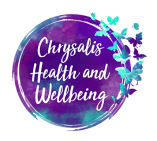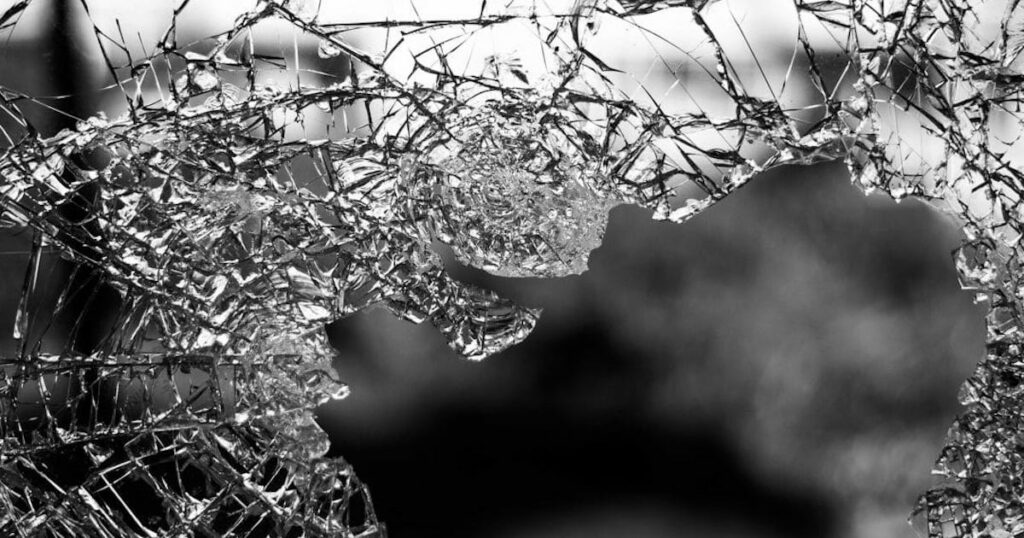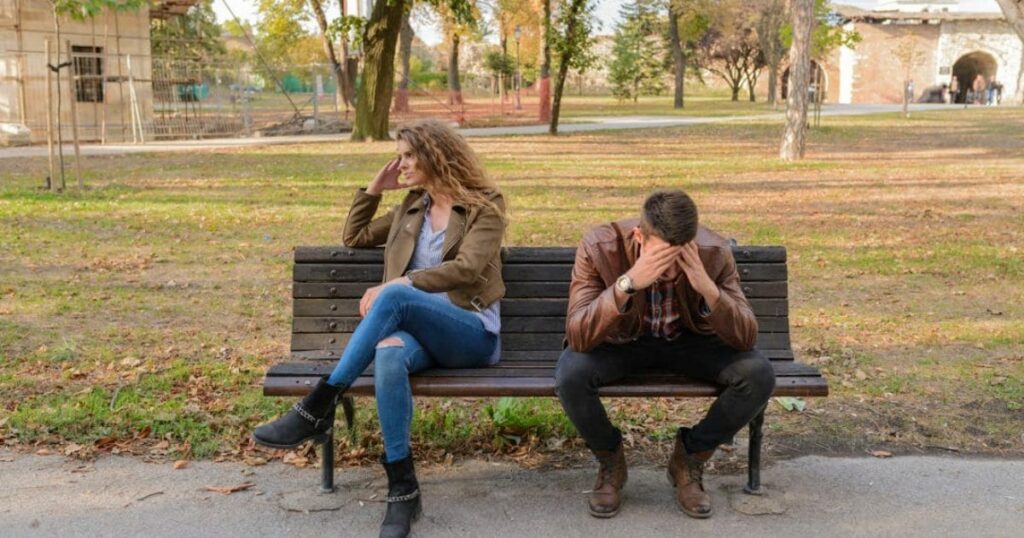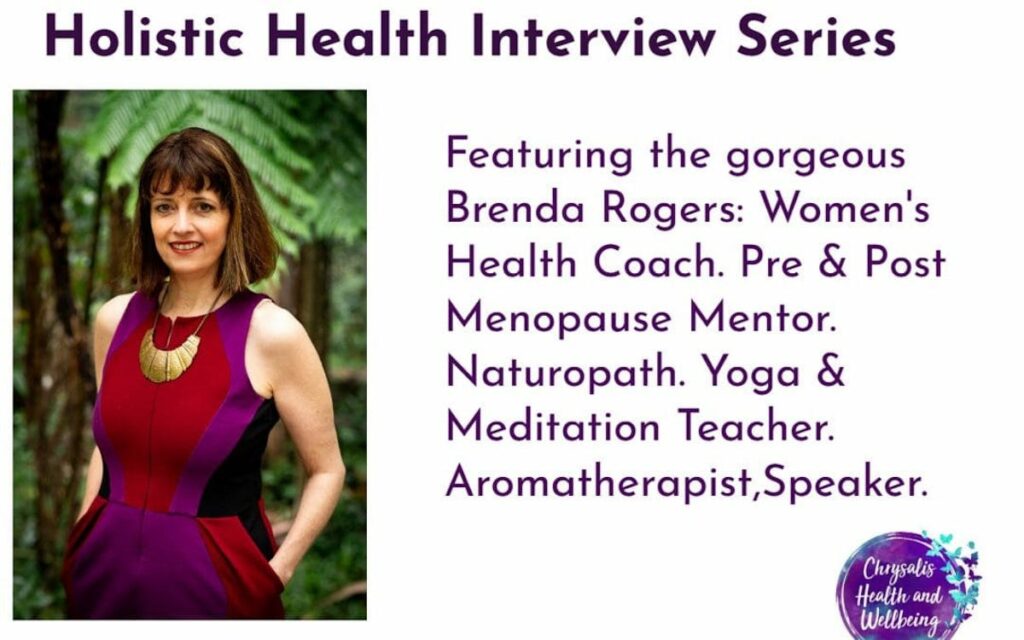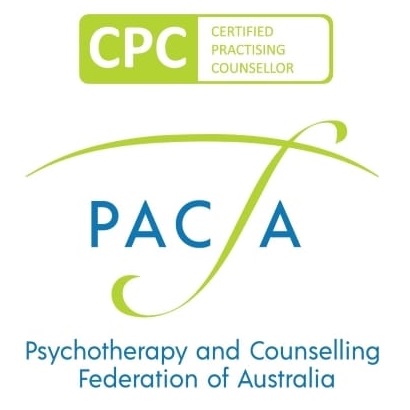There are many reasons why my clients choose to start therapy. Once we start talking, it becomes clear that a great number of these reasons are symptoms of a much more destructive root cause. People could virtually go through their whole life with this debilitating problem. It has the ability to wreak havoc on people’s lives and relationships. Some sufferers survive on medication, addictions and distractions to get them through life, without the root cause ever being identified. Similar to mental health issues, it a history of symptoms being suppressed, experiences minimised, and making people feel crazy and out of control. This is trauma.
What is Trauma?
Trauma is the result of either experiencing or witnessing an extremely disturbing event that prevents an individual from properly processing it in their brain and nervous system. The memory or memories remain as current, running like a movie in their mind and bodies, rather than being integrated into memory.
The American Medical Association Journal suggests that the effects of childhood trauma should receive the same publicity and awareness campaigns that physical illnesses receive. Participants in a recent study who had suffered childhood trauma were 1.3 times more likely to develop mental health problems as adults, and 1.2 times more likely to develop depression or a drug or alcohol dependency.
Trauma can be hugely complex and affects people on many levels:
- physical (sleep, muscles, immune system, weight),
- emotional (strong feelings of shame, guilt, helplessness),
- spiritual (our outlook on the world),
- social (relationships, work, colleagues)
- and cognitive (processing thoughts and making sound judgement).
Trauma can be categorised in two different ways. One is caused by a single catastrophic event where the person experiences, or is witness to a life-threatening event, such as car crash, rape and assault, natural disaster. The other type of trauma may go completely un-noticed, however the repeated and accumulative effect of these ‘smaller’ traumas can lead to significant distress.
Events such as relationship break-up, ongoing divorce battles, domestic violence, conflict, infidelity, and financial worries can all take their toll on us emotionally, physically and mentally. They can deeply shake our belief that the world is a safe place, and leave us scarred, fearful, anxious and can disturb our daily functioning.
Trauma Symptoms
Trauma symptoms are very distinctive:
- Flashbacks – feeling like you are back living the memory as if it is happening currently
- Dissociation – like you are no longer connected to your physical body
- Nightmares
- Living with intense shame and/or guilt
- Repeated distressing memories that make you feel out of control and helpless
- Strong physical reactions when reminded of the distressing event, such as heart racing, sweating, difficulty breathing
- Carrying strong negative self-beliefs, such as I am a bad person, there is something really wrong with me, the world is dangerous
- Feeling cut off from people or your surroundings
- Easily triggered
- Irritable behaviour and angry outbursts
- Easily startled
- Feeling numb
- Difficulty falling and staying asleep
Not everyone who has experienced or witnessed a distressing event will develop trauma. For example, not every soldier who returns from a warzone will develop post-traumatic stress disorder.
Factors pre-disposing someone may include type of childhood, past experiences, beliefs, level of support, and perceptions about the world.
Humans tend not to have a very natural capacity to process trauma. Animals in the wild cope with hugely stressful life or death scenarios; but they have an adaptive way of processing this: by shaking themselves vigorously, as if shaking the experience right out of their bodies.
A common survival mechanism for humans, however, is to go into avoidance; resisting unpleasant and disturbing memories and feelings from a distressing event. This is normal; however, this is where problems begin.
Avoidance can come in the form of repressing painful emotions, addictive behaviours, and dissociating (splitting off your emotions and physical self). These are maladaptive short-term survival mechanisms, which can cause a whole range of destructive outcomes long -term and do nothing to process and heal the deeper wound.
Can I Recover From Trauma?
I’m very thankful that I am practicing as a counsellor at a time when it has become widely recognised that the body holds the key to unlocking trapped trauma, rather than just our heads. It is our bodies that scan our environment and communicate safety or danger messages to our brain. So, it is through the body that trauma survivors can start to regain some agency of control.
Still, there is no one fix-all cure as every trauma survivor’s experience is different, and what works for one person, might trigger another. Trauma therapy involves facing the distressing symptoms and sensations that arise, in a controlled and careful process, and being realistic about outcomes, setbacks and progress. This process is called re-integration, as trauma causes parts of the self to split off and separate as a way of coping and surviving. Trauma recovery practice is embedded in this aspect. As an energy healer, I also see this fragmentation in people’s energy body.
I do not claim that trauma is able to be fully healed (and no-one should), as it takes away something from a person that can never be replaced. However, it is possible to live a life with more meaning, love, richness and quality, after trauma therapy.
The relationship with the therapist could not be more critical. The need for a survivor to sense someone else’s compassion, empathy and caring goes a long way on the healing journey. My approach to trauma treatment is multi-dimensional and is as diverse and unique as the individuals I have the privilege to work with.
If any of the symptoms mentioned above resonate with you, I invite you to give me a call to discuss further options for you.
Book a free 20 minute consultation in order for you to discover if counselling is the right step for you and whether Chrysalis Health and Wellbeing would be a good fit for your needs.
About Kate
Kate is a counsellor and energy healer based in Sydney’s Hills District. She has identified a common thread amongst trauma sufferers; and that is that they appear to suffer from similar physical symptoms and ailments, along with a history of unresolved trauma of some description. These can have massive and devastating impact in all areas of a person’s life. Kate supports her clients on their healing journey in a holistic sense. This involves helping to process and resolve trauma in the body, help clients choose appropriate nutrition, and address lifestyle issues and old belief patterns that no longer serve them. Clients report feeling calmer, more in control, and with greater self-awareness able to make self-affirming life decisions from their core of inner knowing.
